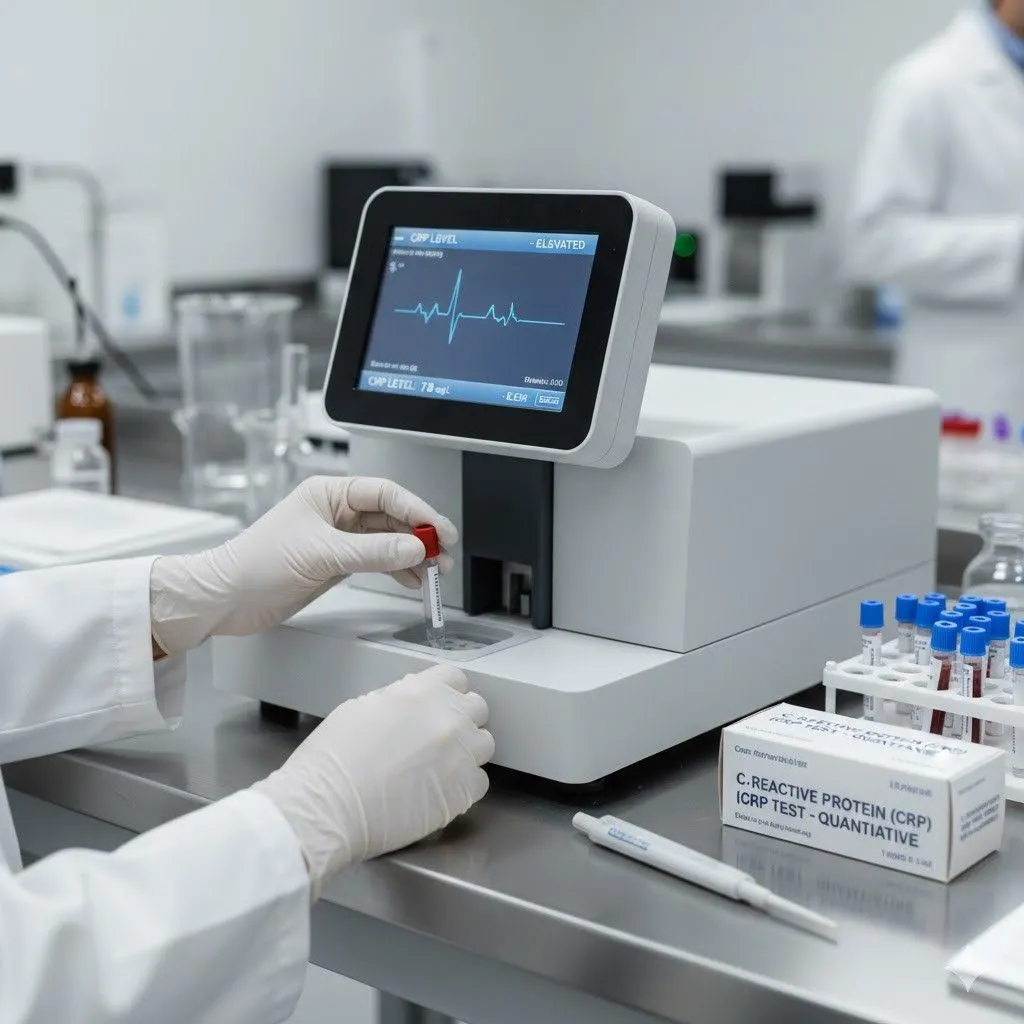What is chikungunya?
Chikungunya is a viral infection that spreads through the bite of an infected mosquito. It was first discovered in south Tanzania in 1952. The term 'chikungunya' is derived from Kimakonde dialect in which it means 'to become contorted', referring to the stooped appearance of patients. The infection is characterised by fever and severe joint pain. The infection is often mistaken with Dengue, as symptoms are quite similar. There is no cure available, and the treatment aims to relieve symptoms. Chikungunya is most commonly found in Asia and Africa, though it has been identified in over 40 countries in Asia, Africa, and recently in the Americas and Europe. Also, read about: How to Prevent Dengue.What are the causes of the disorder?
Chikungunya is caused by an RNA virus of the Alphavirus genus in the Togaviridae family. The virus reaches humans through a bite from infected mosquito. The mosquitos that carry the Chikungunya virus are Aedes aegypti and Aedes albopictus. These mosquitos generally bite during daytime, especially during early morning or late afternoon.What one needs to know about symptoms or signs?
Once an infected mosquito bites a human being, the first signs of infection may appear between four and eight days or two to twelve days. Symptoms include:- Sudden onset of fever
- Joint pain
- Headache, muscle pain
- Nausea
- Fatigue
- Rash
Which specialist should be consulted in case of signs and symptoms?
Sudden fever with joint pain should be shown to a general physician who would refer the patient to a specialist of infectious diseases if chikungunya is suspected.What are the screening tests and investigations done to confirm or rule out the disorder?
Diagnosis can be carried out through the following:- Serological tests like enzyme-linked immunosorbent assays (ELISA) can look for anti-chikungunya antibodies (IgM, IgG). IgM levels are highest during week three to five after infection sets in and may persist for about two months.
- Reverse transcriptase-polymerase chain reaction (RT-PCR) can help genoptype the virus.
What treatment modalities are available for management of the disorder?
There is no specific antiviral drug available for Chikungunya infection as yet. Treatment aims to relieve the various symptoms like joint pain and fever. Antipyretics are administered to keep fever under control, analgesics to relieve joint and muscle pain and fluids to maintain the hydration levels of the body.How can the disorder be prevented from happening or recurring?
Protecting oneself from a mosquito bite can prevent Chikungunya. Measures include:- Keeping mosquitos outside through use of air conditioners or screens.
- Preventing water from accumulating in buckets, flowerpots, etc.
- Wearing mosquito repellents, full-sleeved shirts.
Tagged in
Nausea

Reviewed by







